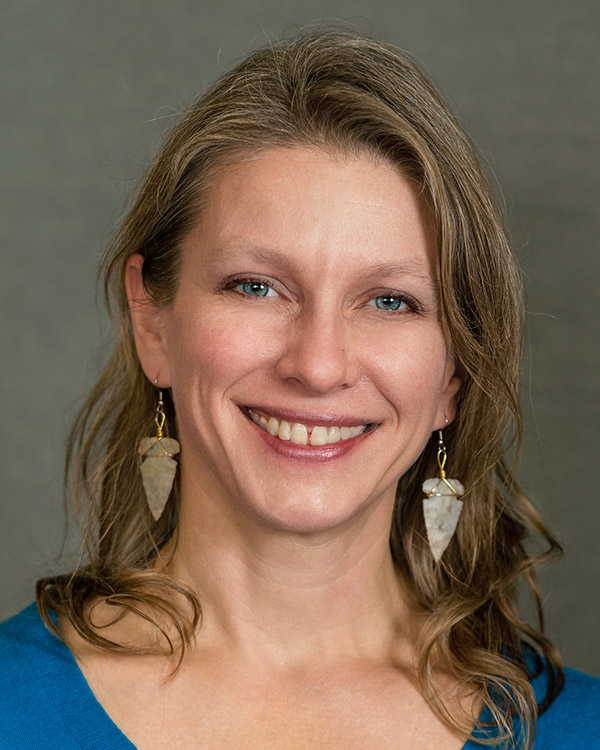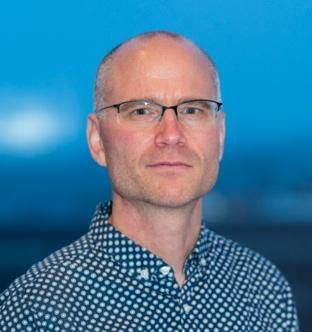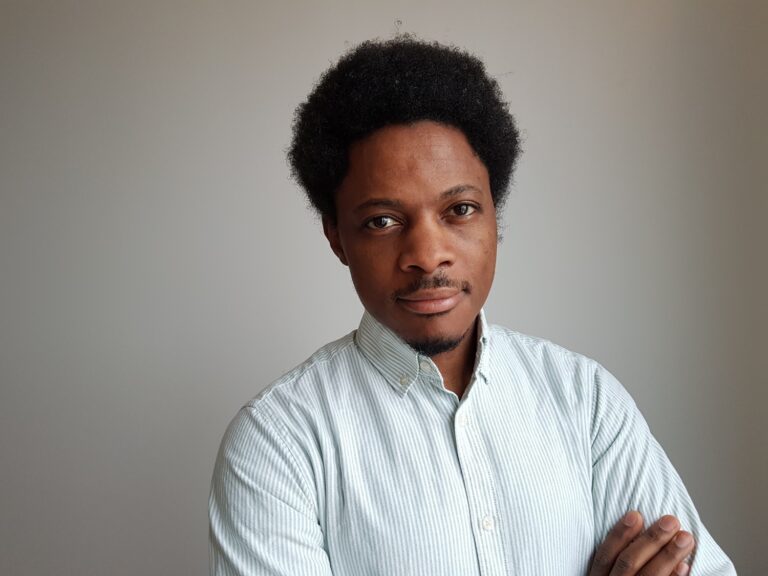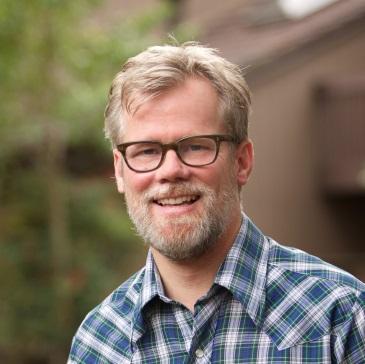Find recorded SCORAI webinars and lectures on our YouTube channel
SCORAI Webinar Series, 2021-2022

Debbie Kasper
Debbie Kasper is an environmental sociologist with specialties in sociological theory, community and culture formation, and social change. She teaches a wide variety of courses at Hiram College in environmental studies and sociology (including Human Settlements, Community, Sociology of Food, Environmental Sociology, Permaculture, and more) in which students explore and apply what they’re learning through real life experiences on and off campus. Kasper also coordinates the annual Bissell Symposium as the Howard S. Bissell chair of the liberal arts.
In addition to teaching, Kasper puts her eclectic interests to work in other ways at the College, such as helping coordinate sustainability efforts and collaborating with campus leaders to enhance the ecological and social health of the Hiram community.
Basic Training for the Relay Race to Transition
November 10, 2022
Humanity is in ecological overshoot, business as usual spells disaster, averting the worst consequences requires systemic transformations. These are the premises from which many in the socio-environmental space are working. Among the numerous changes being demanded, pleas for a new paradigm, culture, story, and way of being are becoming more common. This is progress. The trouble is, we have little sense of what that means or how to go about such work. Sociologist and associate professor of environmental studies, Debbie Kasper, sheds light on this challenge and suggests some practical steps for helping us move farther forward together.

Arnim Wiek
Arnim Wiek is professor in the School of Sustainability and director of the Sustainable Food Economy Lab at Arizona State University. He also holds guest professorships at Leuphana University of Lüneburg and the University of Freiburg. His team conducts solution-oriented research on sustainable business practices and models, including cooperative businesses and benefit corporations, as well as sustainable entrepreneurial ecosystems and alternative economic development approaches. The topical focus in on food businesses and economies. The team’s projects are conducted in collaboration with entrepreneurs, government agencies, non-profit organizations, and other stakeholders. Courses and training programs the team offers are oriented towards the key competencies in sustainability and adopt an experiential, project-based pedagogy.
The Cooperative Business Model for Sustainable Production and Consumption
December 13, 2021
Activists, scholars, politicians, entrepreneurs, and citizens express widespread concerns about unsustainable patterns of contemporary production and consumption, ranging from climate change and contamination to public health hazards and social injustices. In search of alternatives to the status quo, there is growing interest in sustainable business practices and models, including the cooperative business model. This talk provides an introduction into cooperative businesses, including worker and consumer cooperatives, and assesses opportunities and limitations for supporting sustainable production and consumption. Illustrative examples draw on multiple years of research and training for developing sustainable cooperative food businesses in Arizona.
1.5-Degree Lifestyles: Toward A Fair Consumption Space for All
November 15, 2021
Changes in predominant lifestyles, especially in high-consuming societies, will determine whether we meet commitments in the Paris Agreement and avoid dire consequences of climate change, as warned by the IPCC. And yet…
…In a world with a limited and fast-shrinking global carbon budget, coupled with vast inequalities, how do we allocate the remaining carbon allowance in a manner that is fair while drastically decreasing our footprints within a limited timeframe to avoid irreversible ecological damage?
The new report, 1.5-Degree Lifestyles: Towards a Fair Consumption Space for All, analyses and presents data addressing the above question and more:
- what lifestyles targets are compatible with the 1.5C goal of the Paris Agreement on climate change?
- do we need behaviour change or systems change?
- what are priority areas for making changes?
- what types of policies are acceptable in an ecological emergency?

Lewis Akenji
As Managing Director at Hot of Cool, Lewis oversees strategic development, program implementation, and staff management. Previously, Lewis has served as Executive Director of SEED, founded as a UN partnership at the 2002 World Summit on Sustainable Development to promote entrepreneurship for sustainable development. Prior to that, he was Director for Sustainable Consumption and Production at the think tank Institute for Global Environmental Strategies. He has consulted with organizations including United Nations agencies, the Asian and African Development Banks, the European Commission, the Association of Southeast Asian Nations (ASEAN), and has served as technical or science-policy adviser to several national government delegations, including Finland, Japan, Sweden, Indonesia, Hungary.
Lewis conceived and led the 1.5-Degree Lifestyles project, analysing potential contribution of lifestyle changes to the aspirational 1.5 °C target under the Paris Agreement on climate change. He co-lead the United Nations One Planet programme on Sustainable Lifestyles and Education. He has an M.Sc. Sustainable Resource Management (Technical University Munich, Germany) and a Ph.D. Political Economy (University of Helsinki, Finland

Neal Gorenflo
Neal Gorenflo is Executive Director of Shareable and a SCORAI advisor. I write to introduce you to the nonprofit I co-founded, Shareable, and a new service we’re offering to academic researchers. Shareable is a nonprofit founded in 2009 to advance sustainable consumption with a special focus on sharing, the commons, and the solidarity economy. Our mission is to empower communities to share. We pursue this mission through three programs — publishing, campaigns, and consulting.
Turning Academic Insight Into Real-World Impact
September 20, 2021
In this webinar, Neal Gorenflo explores new demands on academic research projects for more accessibility, public engagement, and real-world impact and shows how Shareable is working with researchers to meet them and why meeting them will be of increasing importance in the climate change era. The ways in which research is evaluated is changing in a world of open access, citizen science, and alternative metrics. This has broad implications for how academics design, fund, and communicate their research projects. Shareable’s work with NJIT, Lund University, Tufts University, and UNCG reveal a surprising and readily actionable opportunity to increase the quality, relevancy, and impact of research in sustainable consumption and production.
Your content goes here. Edit or remove this text inline or in the module Content settings. You can also style every aspect of this content in the module Design settings and even apply custom CSS to this text in the module Advanced settings.
